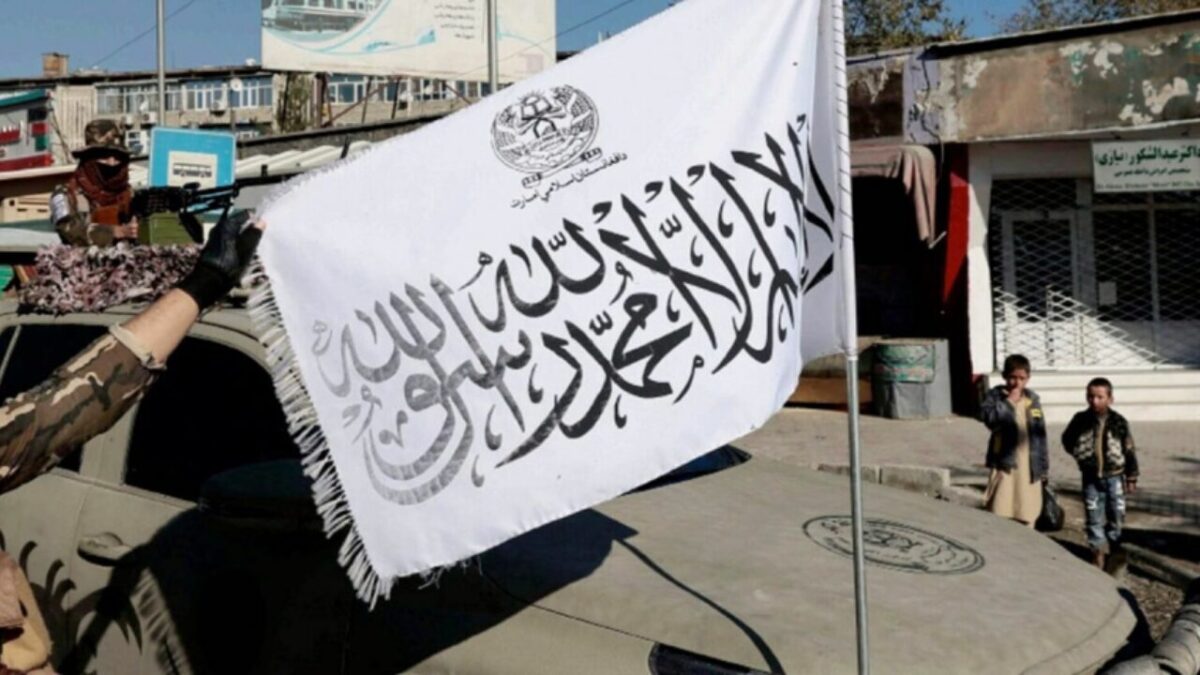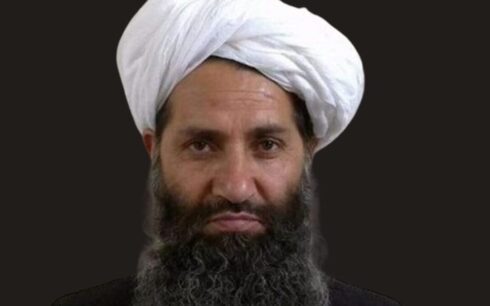An initiative by four countries to hold the Taliban accountable at the International Court of Justice (ICJ) for systematic violations of women’s rights in Afghanistan is “not a silver bullet,” according to an analysis by Just Security, a publication focused on security and democracy.
The analysis warned that the move might inadvertently undermine obligations that compel both the Taliban and the international community to act immediately to halt abuses against women in Afghanistan.
The analysis also cautioned against setting a harmful precedent for how states invoke international law to address gender discrimination beyond their borders.
“The issue gained new urgency this week as the Taliban announced it would shutter all domestic and international non-governmental organizations that continue to employ women in Afghanistan,” the analysis noted.
Complex legal and advocacy implications
Jayne Huckerby, the author of the analysis, argued that some advocates for the initiative have portrayed Afghanistan’s gender discrimination as so pervasive and deliberate that existing international human rights laws are insufficient to address it.
Additionally, Ms. Huckerby said that terms such as “gender apartheid,” widely used by Afghan women and feminist allies as an advocacy tool, have led some international officials to avoid applying the label to Afghanistan. Officials fear the term implies “absolute and prolonged non-engagement with the Taliban,” she said, a stance she described as unfounded.
Nonetheless, the analysis underscored that the Taliban remains responsible for implementing Afghanistan’s human rights obligations. Despite the group’s de facto rule, Afghanistan is a signatory to seven of the nine core human rights treaties, including the Convention on the Elimination of All Forms of Discrimination Against Women (CEDAW).
A case under CEDAW
The analysis explored the rationale for pursuing a case under CEDAW, asserting that such a move holds legal merit. “The committee monitoring the treaty has repeatedly affirmed that religion, culture, and/or tradition cannot be invoked to undermine women’s rights,” it said.
However, the analysis emphasized that the Taliban’s restrictions on women and girls—ranging from bans on education and work to limits on freedom of movement—should be assessed under the full spectrum of binding international law, not just obligations under CEDAW.
Worsening conditions for women
Since seizing power in 2021, the Taliban has enacted sweeping measures that have deprived Afghan women of fundamental rights, including education, employment, and freedom of speech. A Taliban decree on “virtue and vice” has even barred women from raising their voices outside their homes, further silencing a population already stripped of agency.
The analysis concluded that while pursuing legal accountability through the ICJ is an important step, it is not a substitute for immediate, coordinated action to pressure the Taliban to reverse its repressive policies.





